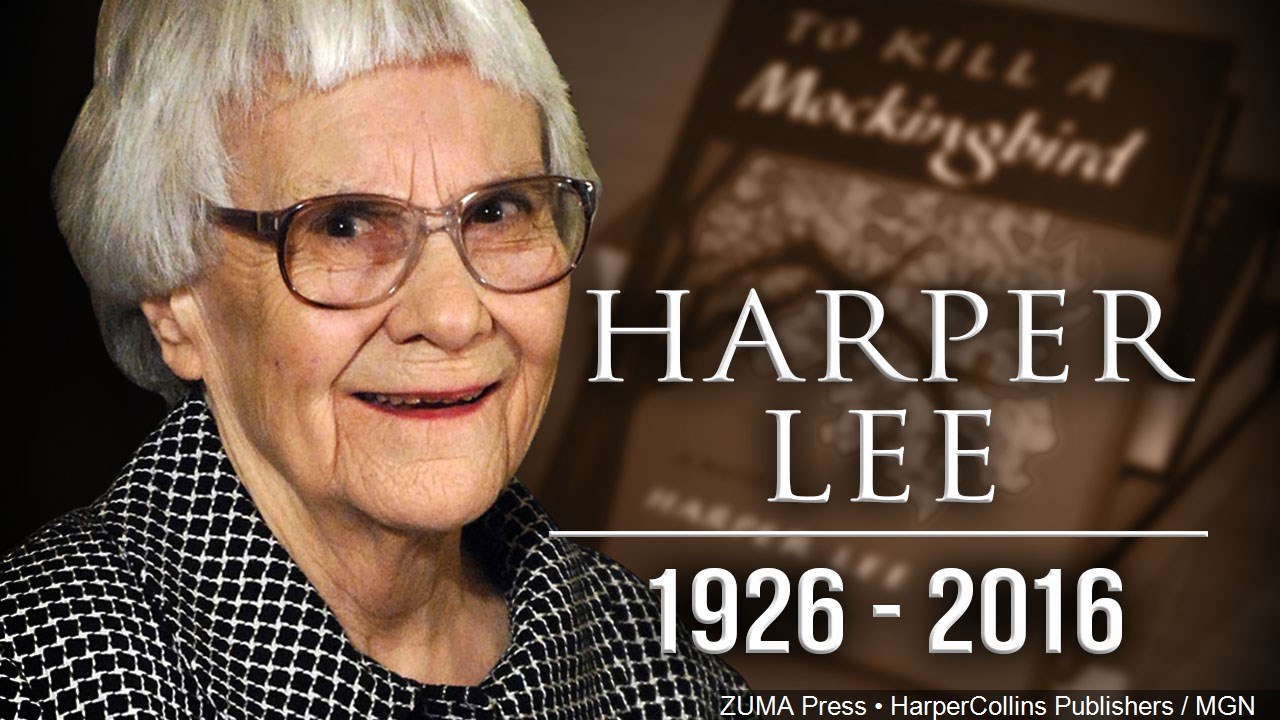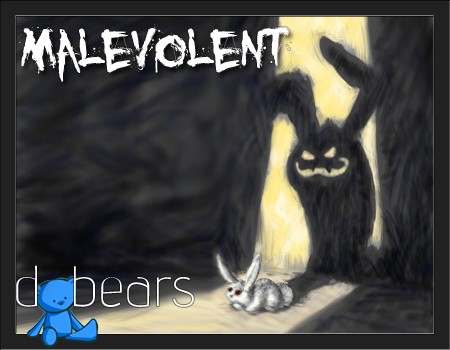
To Kill a Mockingbird is a novel by Harper Lee published in 1960. It was immediately successful, winning the Pulitzer Prize, and has become a classic of modern American literature. The plot and characters are loosely based on the author's observations of her family and neighbors, as well as on an event that occurred near her hometown in 1936, when she was 10 years old.
The novel is renowned for its warmth and humor, despite dealing with the serious issues of rape and racial inequality. The narrator's father, Atticus Finch, has served as a moral hero for many readers and as a model of integrity for lawyers. One critic explains the novel's impact by writing, "In the twentieth century, To Kill a Mockingbird is probably the most widely read book dealing with race in America, and its protagonist, Atticus Finch, the most enduring fictional image of racial heroism."[1]
As a Southern Gothic novel and a Bildungsroman, the primary themes of To Kill a Mockingbird involve racial injustice and the destruction of innocence. Scholars have noted that Lee also addresses issues of class, courage, compassion, and gender roles in the American Deep South. The book is widely taught in schools in the United States with lessons that emphasize tolerance and decry prejudice. Despite its themes, To Kill a Mockingbird has been subject to campaigns for removal from public classrooms, often challenged for its use of racial epithets.
To Kill A Mockingbird Video Clip.
Harper Lee.

Nelle Harper Lee (April 28, 1926 – February 19, 2016), better known by her pen name Harper Lee, was an American novelist widely known for To Kill a Mockingbird, published in 1960. Immediately successful, it won the 1961 Pulitzer Prize and has become a classic of modern American literature. Though Lee had only published this single book, in 2007 she was awarded the Presidential Medal of Freedom for her contribution to literature.[1] Additionally, Lee received numerous honorary degrees, though she declined to speak on those occasions. She was also known for assisting her close friend Truman Capote in his research for the book In Cold Blood(1966).[2] Capote was the basis for the character Dill in To Kill a Mockingbird.[3]
Godiva Chocolatier.

Godiva Chocolatier is a manufacturer of premium fine chocolates and related products. Godiva, founded in Belgium in 1926, was purchased by the Turkish Yıldız Holding, owner of the Ülker Group, on November 20, 2007.[1][2][3][4] Godiva owns and operates more than 600 retail boutiques and shops in the United States, Canada, Europe, and Asia and is available via over 10,000 speciality retailers.[5]
In addition to chocolates, Godiva also sells truffles, coffee, cocoa, biscuits, dipped fruits and sweets, chocolate liqueur, shakes, wedding and party favors and other items arranged in gift baskets. Godiva's signature package is the Gold Ballotin (French for "small, cardboard box of chocolates"). Godiva also produces seasonal and limited-edition chocolates with special packaging for major holidays. Godiva also has license agreements for the production of ice cream, cheesecake, coffee pods and liqueur that comes in several chocolate-related flavors. Products are also available in sugar-free and Kosher varieties.
Lady Godiva .

Godiva, Countess of Mercia (/ɡəˈdaɪvə/; d.–1067), in Old English Godgifu, was an English noblewoman who, according to a legend dating at least to the 13th century, rode naked – covered only in her long hair – through the streets of Coventry to gain a remission of the oppressive taxation that her husband imposed on his tenants. The name "Peeping Tom" for a voyeur originates from later versions of this legend in which a man named Tom watched her ride and was struck blind or dead.
Doubting Thomas.

A doubting Thomas is a skeptic who refuses to believe without direct personal experience—a reference to the Apostle Thomas, who refused to believe that the resurrected Jesus had appeared to the ten other apostles, until he could see and feel the wounds received by Jesus on the cross.
In art, the episode (formally called the Incredulity of Thomas) has been frequently depicted since at least the 5th century, with its depiction reflecting a range of theological interpretations.
Vocabulary.
1. Malevolent.

Definition.
1. wishing or appearing to wish evil to others; malicious
2. astrology having an evil influence.
Example Sentences.
1. His flesh crawled, as if the soft night were studded with unfriendly, even malevolent eyes, watching her every movement.
2. Benevolent.
Definition.
1. intending or showing goodwill; kindly; friendly
2. doing good or giving aid to others,rather than making profit; charitable
Example Sentences.
1. They have been the most patient and benevolent as well as astute of midwives.
3. Intention.

Definition.
1. a purpose or goal; aim
2. law the resolve or design with which a person does or refrains from doing an act, a necessary ingredient of certain offences.
Example Sentences.
1. She had not intention of telling the doctor what her dreams were about.
4. Malicious.

Definition,
1. characterized by malice.
2. motivated by wrongful, vicious, or mischievous purposes.
Example Sentences.
1. In the mouth aperture of the balaclava, his teeth gleamed in a malicious smile.
5. Malignant Tumor.

Definition.
1. having or showing desire to harm others
2. tending to cause great harm; injurious
Examples Sentences.
1. Mr. Nick huddled on the steps like some malignant guardian spirit.
6. Beneficiary.

Definition.
1. a person who gains or benefits in some way from something.
2. law a person entitled to receive funds or other property under a trust, will, or insurance policy.
Example Sentences.
1. I was the sole heir to the logic in my head: sole heir and beneficiary.
7. Attorney.

Definition.
1. a person legally appointed or empowered to act for another
2. US a lawyer qualified to represent clients in legal proceedings.
Examples Sentences.
1. It was full of important stuff that an up-to-date attorney was truly obligated to know.
8. Victim.

Definition.
1. a person or thing that suffers harm, death, etc, from another or from some adverse act, circumstance
2. a person who is tricked or swindled; dupe
Example Sentences.
1. Stephanie didn't know why Magenta House had chosen him to be Petra's second victim.
沒有留言:
張貼留言